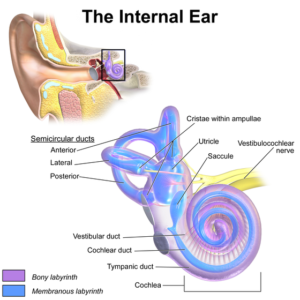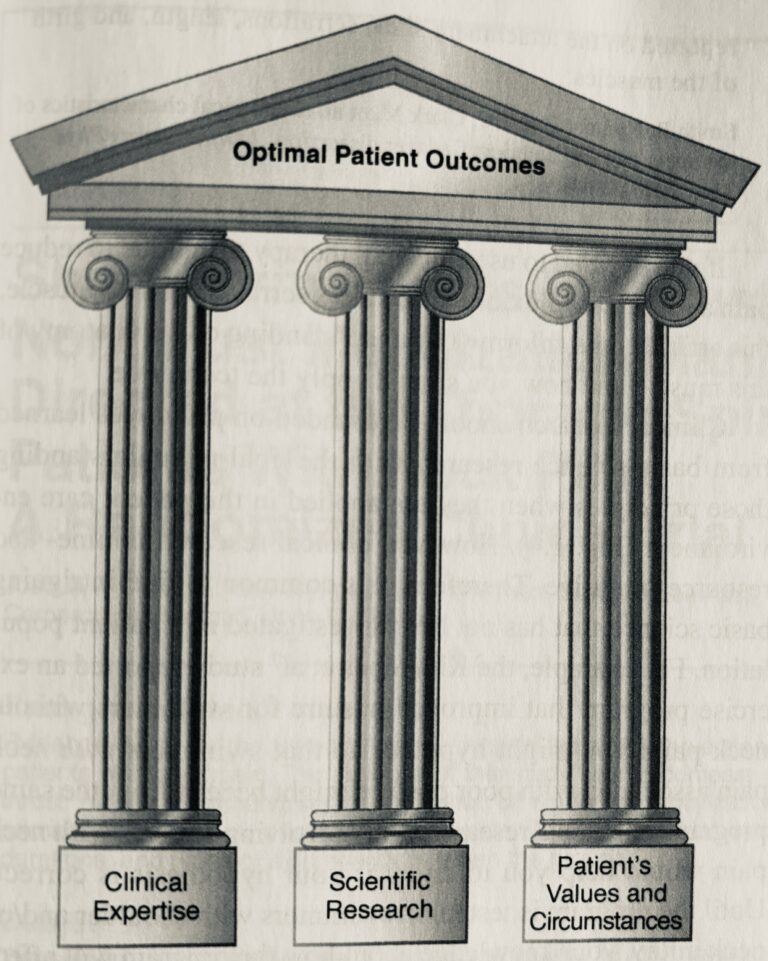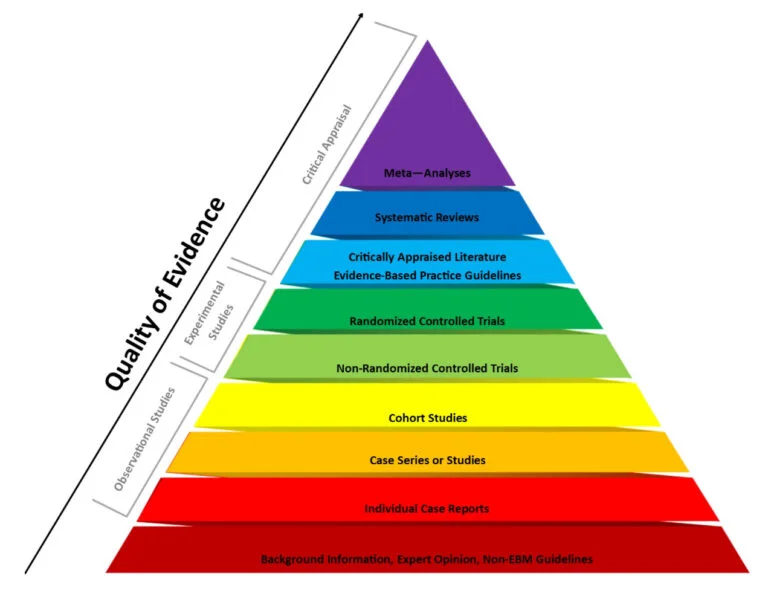
The vestibular system might not be as well-known as other sensory systems, but it plays a crucial role in our daily lives. This complex network of structures within the inner ear and brain is responsible for maintaining balance, spatial orientation, and coordination of movement. Let’s explore what the vestibular system is, its main functions, and why it’s so important.
What is the Vestibular System?
The vestibular system is a sophisticated network located in the inner ear and brain. It consists of several key components, including:
- Semicircular Canals: Detect rotational movements of the head.
- Saccule and Utricle: Detect linear movements and changes in head position relative to gravity.
- Vestibular Nerve: Transmits sensory information from the inner ear to the brain.
Main Functions of the Vestibular System
1. Maintaining Balance and Stability
The vestibular system senses changes in head position and movement, allowing us to maintain balance whether we’re standing still, walking, or dancing. It ensures that we can adjust our posture and stay upright, preventing falls and injuries.
2. Providing Spatial Orientation
This system helps us understand our position in relation to our environment. By providing spatial orientation, it allows us to move through space accurately and with confidence.
3. Facilitating Coordination of Movement
Integrating sensory information with motor functions, the vestibular system supports coordinated movement. This is essential for a range of activities from basic daily tasks to complex sports.
4. Supporting the Visual System
One of the key roles of the vestibular system is to stabilize images on the retina during head movements, a function known as the vestibulo-ocular reflex. This allows us to maintain a stable visual field, which is critical for activities such as reading, driving, and following moving objects.
Importance of the Vestibular System
The vestibular system is vital for both humans and animals for several reasons:
- Balance: It enables us to keep our balance, reducing the risk of falls and associated injuries.
- Spatial Navigation: By supporting spatial orientation, it helps us accurately perceive our location and movement within our environment.
- Coordinated Movement: Essential for everything from simple actions to athletic endeavors, the vestibular system ensures our movements are smooth and coordinated.
- Visual Stability: Maintaining a stable visual field during motion is fundamental for many everyday activities, improving our interaction with the world.
- Autonomic Regulation: The vestibular system also influences the autonomic nervous system, helping regulate heart rate and blood pressure in response to changes in posture.
Understanding the vestibular system’s role highlights its importance in maintaining balance, orientation, and overall coordination. Whether you’re walking down the street or performing a complex dance routine, your vestibular system is hard at work, ensuring you can move through the world with ease and stability.




